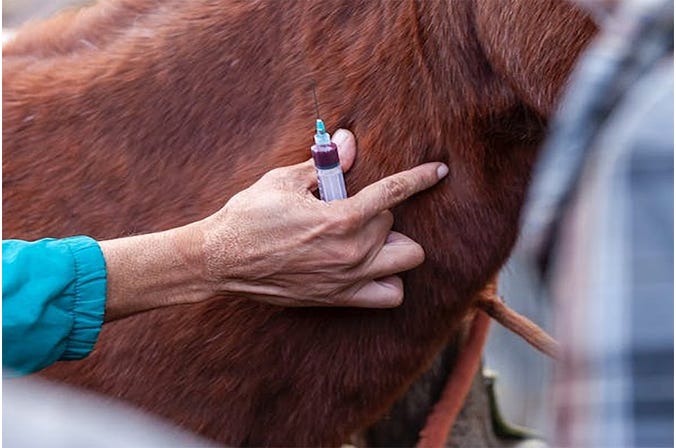Preventive Health Care Budget Planning for Your Horse

Planning a preventive health care budget for your horse is essential to ensure their well-being and avoid unexpected expenses. This guide will help you understand the key components of preventive care, how to allocate your budget effectively, and tips to maintain your horse’s health year-round.
Why Preventive Health Care Matters

Preventive health care focuses on maintaining your horse’s health to prevent diseases and costly treatments. Regular check-ups, vaccinations, and proper nutrition can significantly reduce the risk of illness and improve your horse’s quality of life.
Key Components of Preventive Health Care
| Component | Description | Estimated Annual Cost (USD) |
|---|---|---|
| Veterinary Exams | Routine physical exams to monitor health status | $200 – $400 |
| Vaccinations | Immunizations against common equine diseases | $100 – $200 |
| Dental Care | Regular teeth floating to prevent dental issues | $150 – $300 |
| Deworming | Scheduled parasite control treatments | $50 – $150 |
| Hoof Care | Regular farrier visits for trimming and shoeing | $300 – $600 |
| Nutrition | Quality feed and supplements | $500 – $1,000 |
Budget Planning Tips
- Assess Your Horse’s Needs: Consider age, breed, and health history.
- Set Priorities: Focus on essential services like vaccinations and dental care.
- Create a Monthly Savings Plan: Spread out costs to avoid financial strain.
- Keep Records: Track expenses and health milestones for better planning.
- Consult Your Veterinarian: Get personalized advice tailored to your horse.
Frequently Asked Questions (FAQ)
Q1: How often should I schedule veterinary exams?
A1: Typically, twice a year is recommended, but your vet may suggest more frequent visits based on your horse’s health.
Q2: What vaccinations are essential for my horse?
A2: Core vaccines include tetanus, Eastern and Western equine encephalomyelitis, West Nile virus, and rabies.
Q3: How can I reduce preventive care costs?
A3: Consider wellness plans offered by vets, buy feed in bulk, and maintain a consistent care routine to prevent costly health issues.
Conclusion
Effective preventive health care budget planning helps you provide the best care for your horse while managing expenses. By understanding the components and planning ahead, you can ensure your horse remains healthy and happy throughout the year.
